PSYCHOSOCIAL
RECOVERY COACH
Focus on your journey to recovery
Registered NDIS Provider
Registered NDIS Provider
Are you wondering what’s the meaning of your life?
Perhaps you don’t feel that you have a purpose?
Maybe you lack confidence or have self-doubt?
Or, right now, you don’t like what you see or what you’ve become?
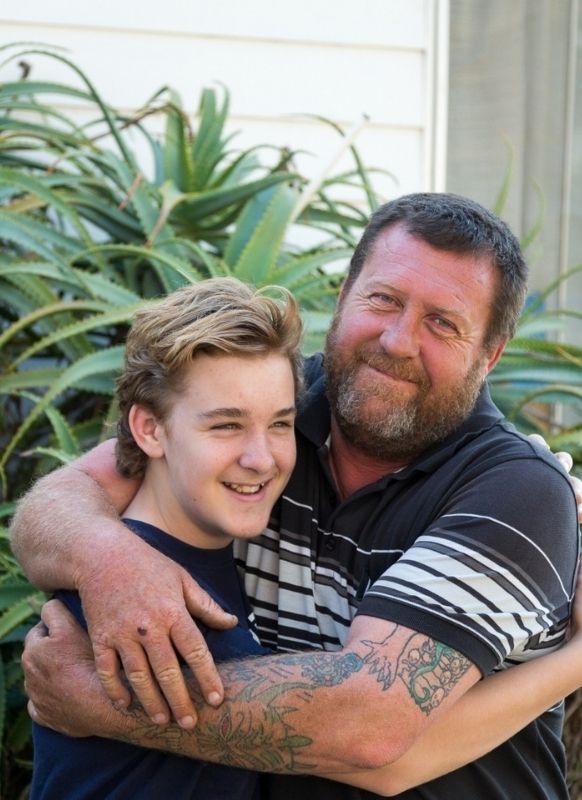
Our qualified, friendly, respectful Recovery Coaches have plenty of experience under their belts. They work with you to find new ways, or sharpen existing ways, to manage challenges in your day-to-day life.
The NDIS provide funding for Psychosocial Recovery Coaches if you live with a mental illness or psychosocial disability that impacts your daily living.
The funds pay for a Recovery Coach using a psychosocial approach. They help you work towards something that’s important to you, have hope for the future and lead a positive life.
1300 466 192
A recovery coach has mental health knowledge or lived through it themselves. They use a psychosocial approach to help you:
These things are important with or without ongoing mental health issues.
Recovery is something you do for yourself. Someone else can’t do it for you. But Recovery Coaches go a long way to helping you recover so you’re able to get on with a positive life.
A recovery coach has mental health knowledge or lived through it themselves. They use a psychosocial approach to help you:
These things are important with or without ongoing mental health issues.
Recovery is something you do for yourself. Someone else can’t do it for you. But Recovery Coaches go a long way to helping you recover so you’re able to get on with a positive life.
1300 466 192
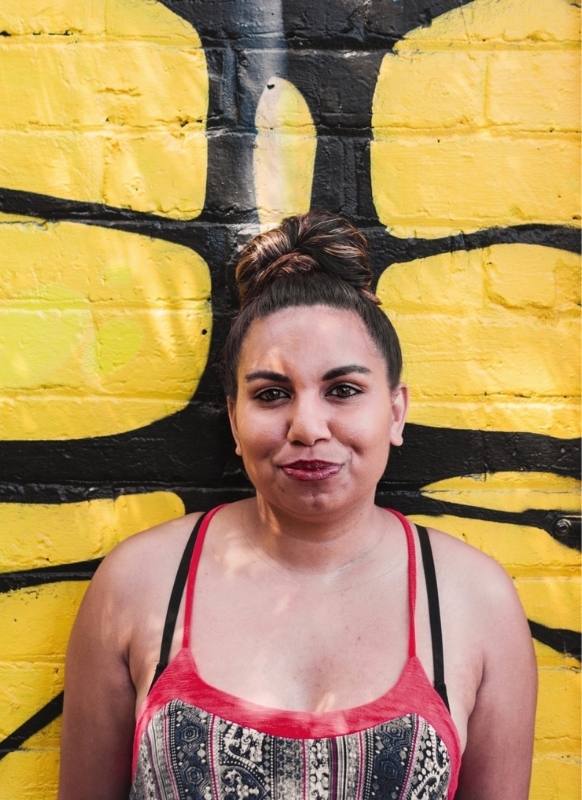

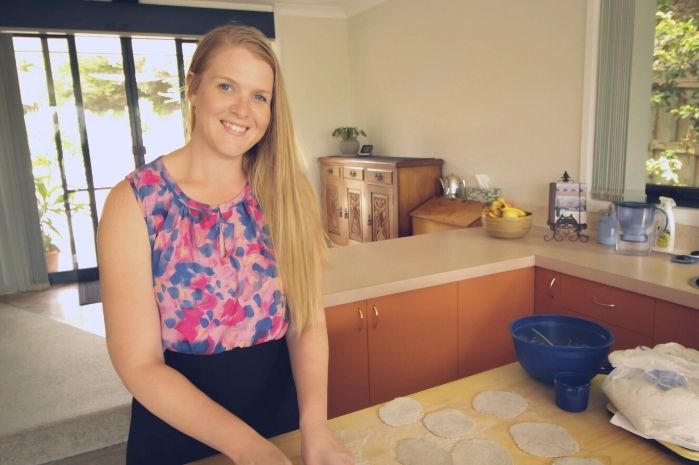
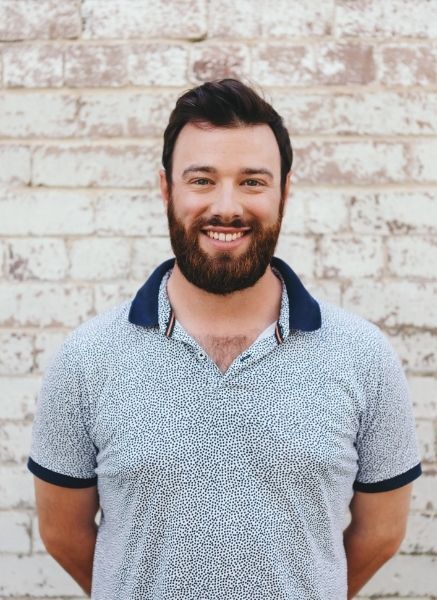
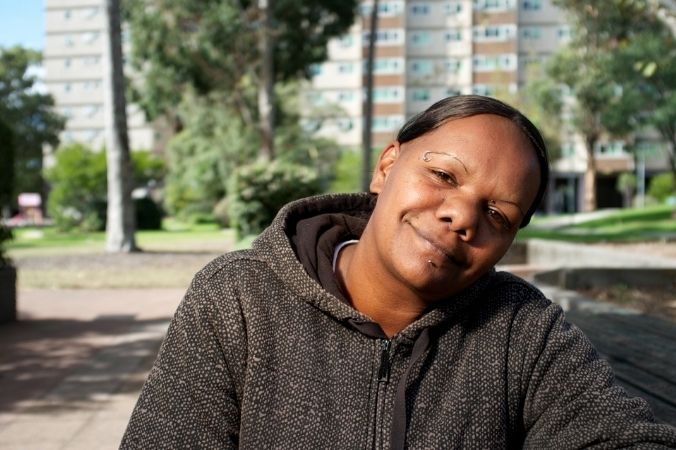
Personal recovery is individual to you. What’s important to you, will be different for someone else.
Don’t compare yourself to others.
Think what you’d like to do and work towards that goal.
Recover in your own way. There’s no right or wrong way, it’s personal.
Recovery is ongoing. It’s normal to have setbacks along the way.
You decide if, and when, you’re ‘recovered’.
Recovery is usually linked to other parts of your life. Feeling part of a community, going to activities and having a purpose. For example, learning, volunteering or going to work.
Having plenty of support gives your recovery the best chance of success. Starting with you being involved in what you want. And linking with family, friends, professionals, services and the community.
You’re in control of your life. Take control and do what’s best for you. Think about what you can do to be happier and set yourself some goals.
Take steps to get closer to where you’d like to be.
Focus on what you can do. Not on things you can’t do. Accept you can’t do some things and that’s OK.
Accept and like yourself. Look in the mirror and feel comfortable with who you see.
Have hope for the future. Support groups can help. Reading other people’s stories, or writing your own, can help too.
Try to achieve something you found difficult in the past. Such as, leaving the house.
Worrying about things in your life doesn’t help. It causes stress. Dealing with money or housing problems can make you feel worse. Ask for help.
Stay in touch with family, friends, support groups, work mates. Meet face to face, chat or message on the phone or online. Forget the ones who make you feel bad.
Go out and feel part of your local community.
Small lifestyle changes can make you feel better and help recovery. Having routines can give you a sense of purpose and structure.
For more support, contact us today about psychosocial recovery coaching.
All our Coaches meet one of the NDIS requirements:
Get in touch today to see what we can do for you:
1300 466 192
Or send us a message and we’ll be in touch.